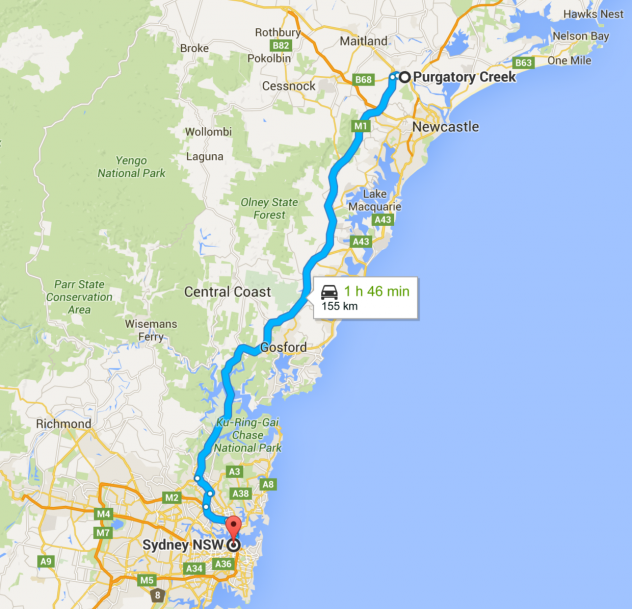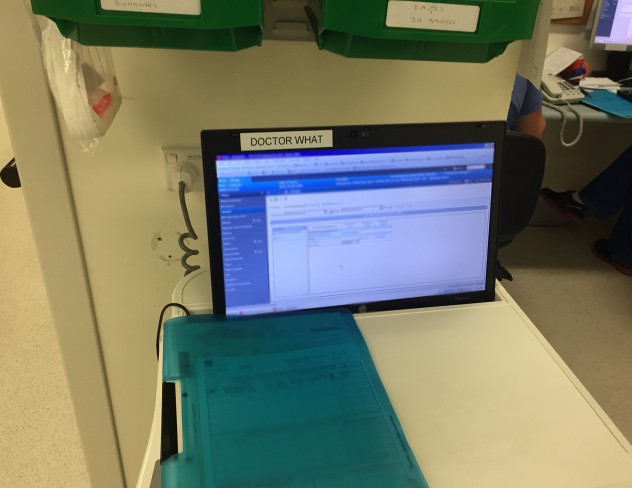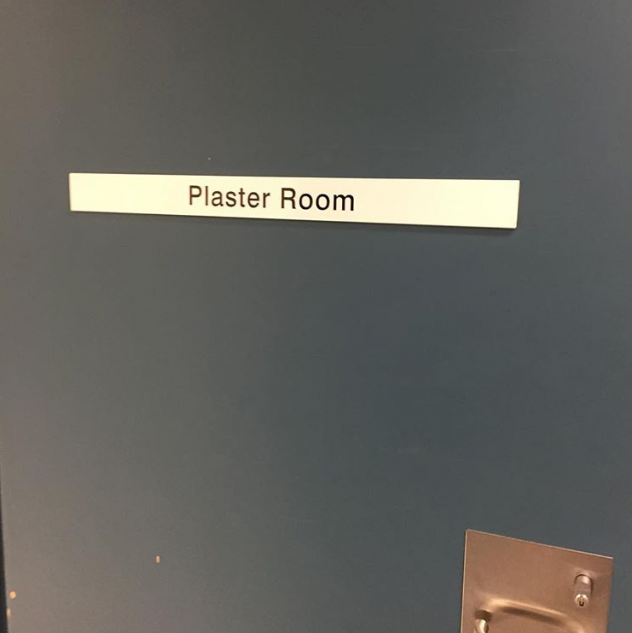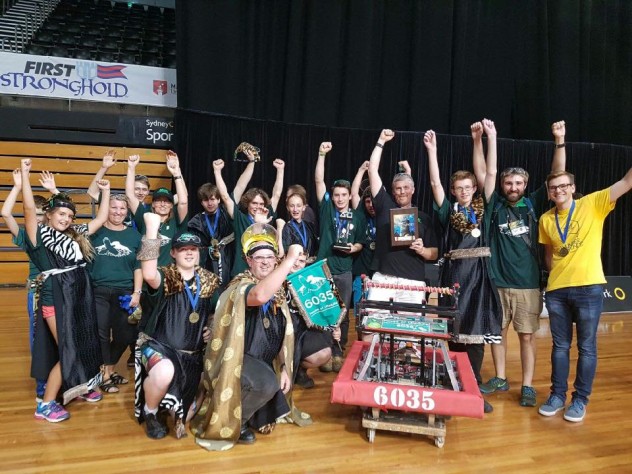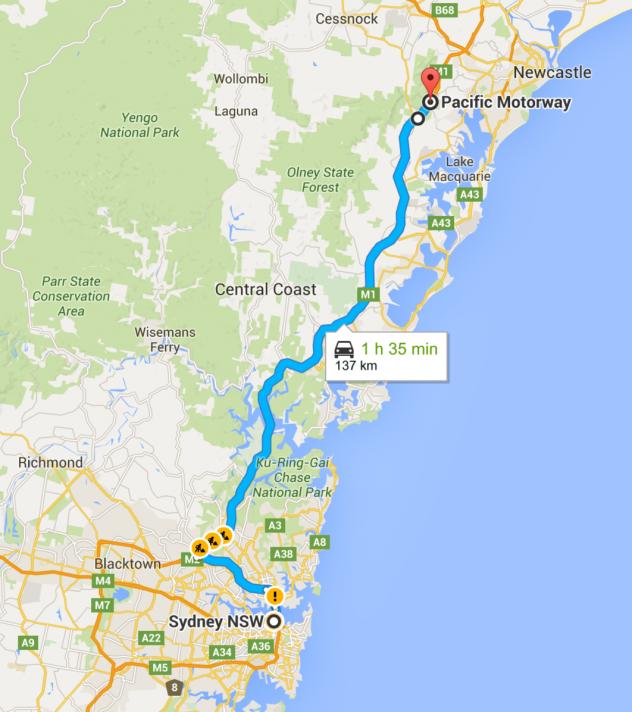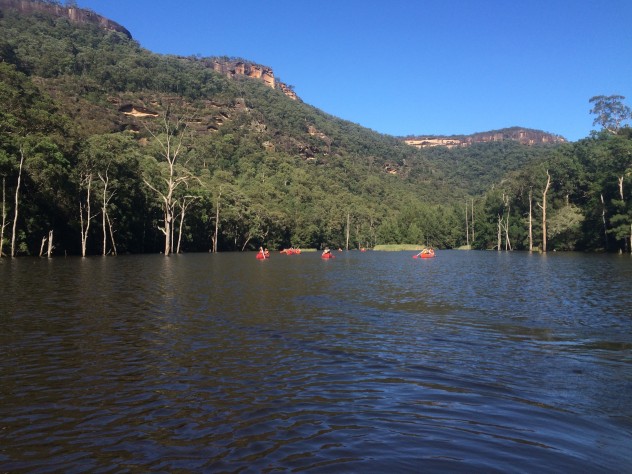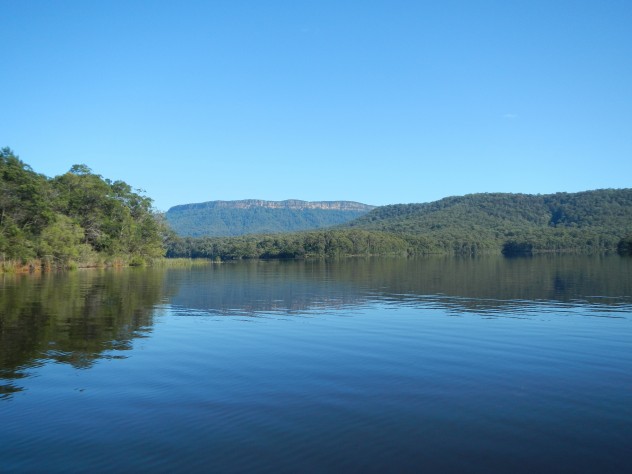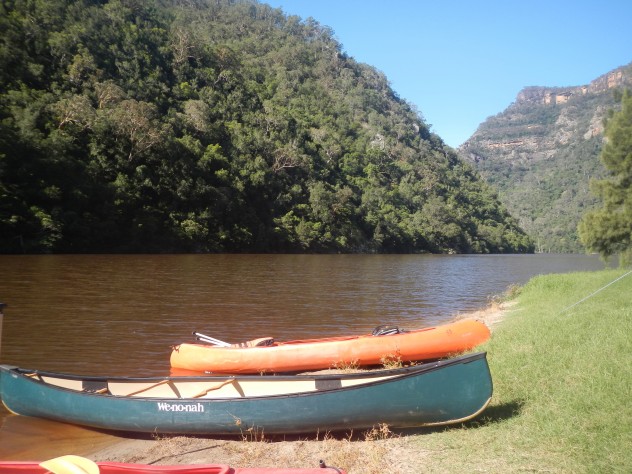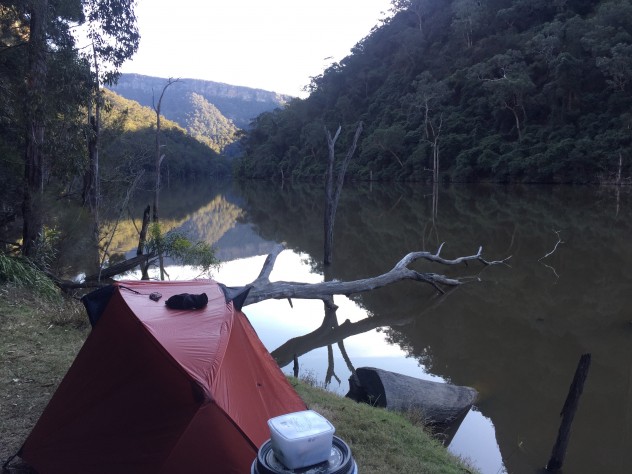Made it to Purgatory Creek! An aptly named destination for me right now :p
Month: April 2016
Weird Hospital Visits!
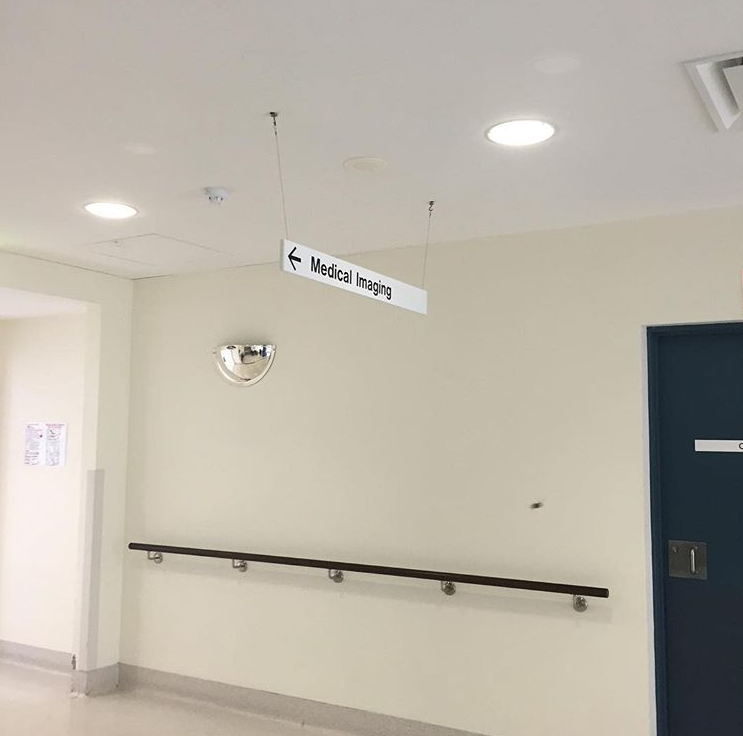
Nobody really likes taking kids into hospital. Most of the time it ends up being the teacher who’s got time off, or the last person out of the room! Let’s be honest it’s a crap job that nobody wants. Firstly you have to take at least two kids with you, so you’ve got one injured and one bored. Secondly the wait… there’s no such thing as a fast track in emergency unless you’re not breathing although arguably by this point you’re probably beyond the services available in the emergency ward. Thirdly have you ever been able to get a decent coffee in a hospital?
The trip to hospital all starts when an injury is more serious than your staff can manage. I’ve had all sorts of visits with students, from fractures, to cuts, to unknown issues each visit if often a unique experience…
What happens when Dr Who get’s impolite and angry!
My longest wait was 8 hours and this gave me the opportunity to talk about all sorts of things with the student. It’s amazing what you find out about life the universe and just about everything when chatting!
However, my weirdest experience was when I took one of the kids in with multiple cuts after he took a dive in an bed of oysters. I won’t go into the gory details, but he was a mess to say the least. We sat and waited for some time after seeing the triage nurse, who rifled through the stack of papers which were suppose to be a medical ‘summary’. When the nurse finally brought us in to the examination room, she took one look at him and proceeded to fill a tub with warm water and a dash of disinfectant. She then said to me ‘here you go, take this into the waiting room and clean him up’. I looked at her for a moment wondering if she was serious… Yes she was!
I looked back at her and said ‘can I at least have a pair of gloves’. She half indignantly grabbed me a pair of glove and off we went. I sat there apologising profusely to the couple sitting next to us as I cleaned out the painfully deep wounds and collected a pile of tiny oyster shells as I did. I’ve heard of cut backs but seriously do I get a discount on my Medicare levy for do it yourself work in hospital?
Anyway, we were there about another hour and a half and the boy ended up with stitches in his hand and bandages everywhere.
When you’re on first name basis with the staff here…
To be honest I still try and avoid the hospital trip (mainly because of the bad coffee), but at the end of the day when you’re responsible for the kids welfare and safety, prompt action and quick decision making to get them to hospital can mean the difference between an injury becoming an extremely bad injury. So really it’s always better to err on the side of caution and take them in to be sure, rather than risk it just to avoid a long wait. At the end of the day, you can always get a coffee on the way home!
Ulladulla High – FIRST Robotics Australian National Champions!
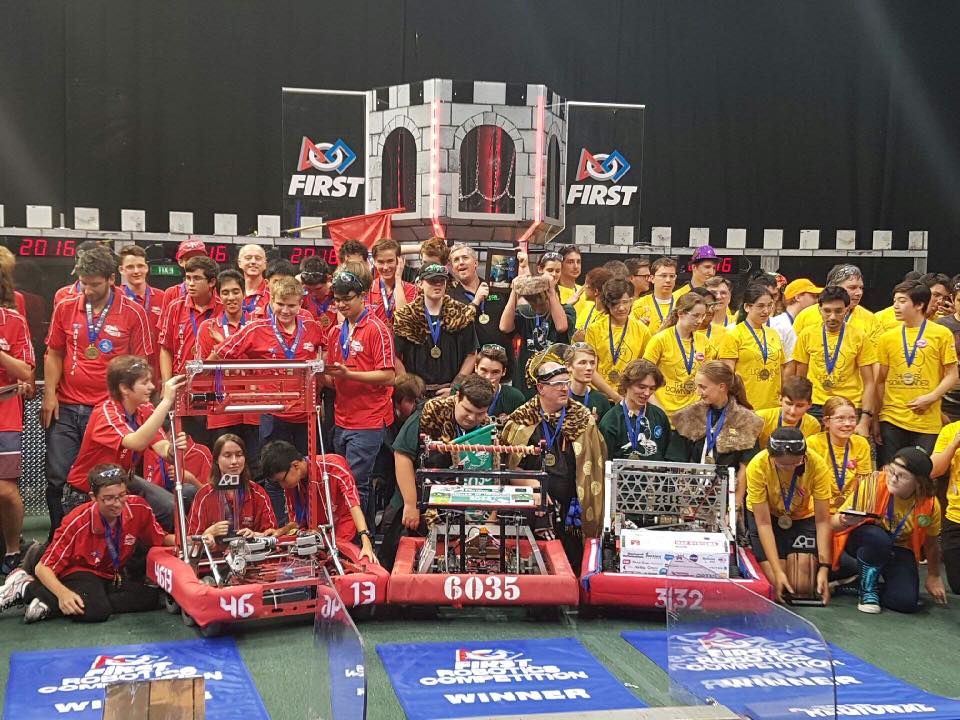
This week I’m going to cover both an awesome activity and a story of a team whose origins are most unlikely, yet remarkable in such a way. The team proved that you can achieve anything you set your sights on, even if you haven’t exactly set your sights on it!
I love unique challenges and the FIRST (For Inspiration & Recognition of Science & Technology) Robotics is just one of those. It’s something I would have loved to have done when I was at school. I might have ended up as a coder, or engineer as this is a true hands on problem solving challenge. The closest I came was getting handcuffed to a flag pole at maths camp in year 8. However, I digress.
Over the years, I’ve seen snippets of different robotics challenges, but never something like this. With our federal politicians focussed on innovation, the story hit the headline news in Australia with the Prime Minister in attendance. The next thing I knew, my local high school is there, centre stage having won the Australian event!!! In that one exciting jaw dropping moment, I had to look into this in some more detail.
So to begin with what’s it all about? Whilst I’m sure the official explanation on the FIRST Robotics website is way better and it has some cool vids, the challenge is essentially to design, build, program and operate a robot that can navigate its way around obstacles, score goals with balls, throw frisbees or balance on beams. It’s an awesome mix that requires teams to plan strategies, problem solve, think 10 steps head and be ready at any moment to adapt! A wonderful and challenging opportunity for any student. The overall premise of the ‘sport’ is one of gracious professionalism, a valiant and honourable theme for a competition, so you know there’s way more to it than just winning.
So enter the Ulladulla Game of Drones, a ‘rookie team’ whose first year in the competition has thrust them into the spotlight as winners of our National Championships, destining them for St. Louis, smack bang in the middle of the USA!
The team started from a shout out by one of the Ulladulla High teachers to see if there were any interest. To begin with, there wasn’t much… A far cry from some other teams in the championships who have to limit the number of students in their team. However, if the story ended there it would be very short and there wouldn’t have been a big community dinner to go to the other night.
Slowly but surely, interest started to trickle in and a team emerged with a variety of skills and talents from engineering to coding to media, but as I was told by Mason, the team’s all star photographer and media man, “Everyone pitched in to do a bit of everything. We didn’t have a huge team like other schools, who were able to specialise and just do one task. If we saw that someone needed help, everyone just got in there and helped them out.”
Just for the record, the average size of a team is approximately 25 students! Although it can range anywhere from 2 to 150!!! Ulladulla High has 11!
This is what I love so much about this challenge. It’s less about the robots and the completion and more about the teamwork, problem solving and the experiential learning along the way.
I asked the team how they kicked things off.
“We started out with a closed Facebook group. Then used email, chat to set up meetings. We worked over the summer holidays on this. The first few weeks it was each Saturday. Then during school time, it was Tues, Wed Thurs after school, or whenever needed,” said Mason.
Many afternoons turned into late nights as the team designed, built and tested their robot. The coding came down to Lara, Riley and Jackson.
“Some people were better at engineering than others and then some better at coding,” said Lara, who had to learn Java along the way. “With coding you tell the robot what to do. You use it to add and assigning commands to buttons.”
Since the team only had experience in coding C++ they had to learn Java, really fast! So I asked them how they did this? “We used different websites to get the robot moving and using other resources to expand on this. Once you know the basics, it gets easy!” commented Lara. “Also YouTube is awesome!”
Without any expectations, or grand visions, the team went to the national championships held at Sydney Olympic. They were told they were a ‘rookie team’ and were never going to win, yet they did! This is testament to both their persistence and their attitude, which is so important. If you have a negative attitude, you will never get anywhere. If you have a positive attitude and give it your all… You can achieve anything! For all the details on the win, check out Jackson’s awesome speech!
This was a major project management task and something a lot of adults could never see through. That’s what impressed me so much when I was talking with these guys. I admired the tenacity to just get in there and learn something completely new, help each other out and work towards a shared goal that had so many individually complex tasks to it that all had to be somehow drawn together.
I asked the team members what they wanted to get out of this. I loved their answer. It’s about learning some news skills, but mostly about meeting new people and making new friends. We never had the intention to win. It was always just being able to be part of it.
Check out our Australian team from Ulladulla High
House of Ulladulla Game of Drones on Faceboook
https://www.facebook.com/UlladullaHS/
And a video on their journey Game of Drones
Check out all the awesome FIRST Robotics stuff on their website and
#omgrobots on Instagram!
@FIRSTweets on Twitter!
https://www.facebook.com/FIRSTOfficial/ on Faceboook
Alcohol & Camp Don’t Mix… Ever!
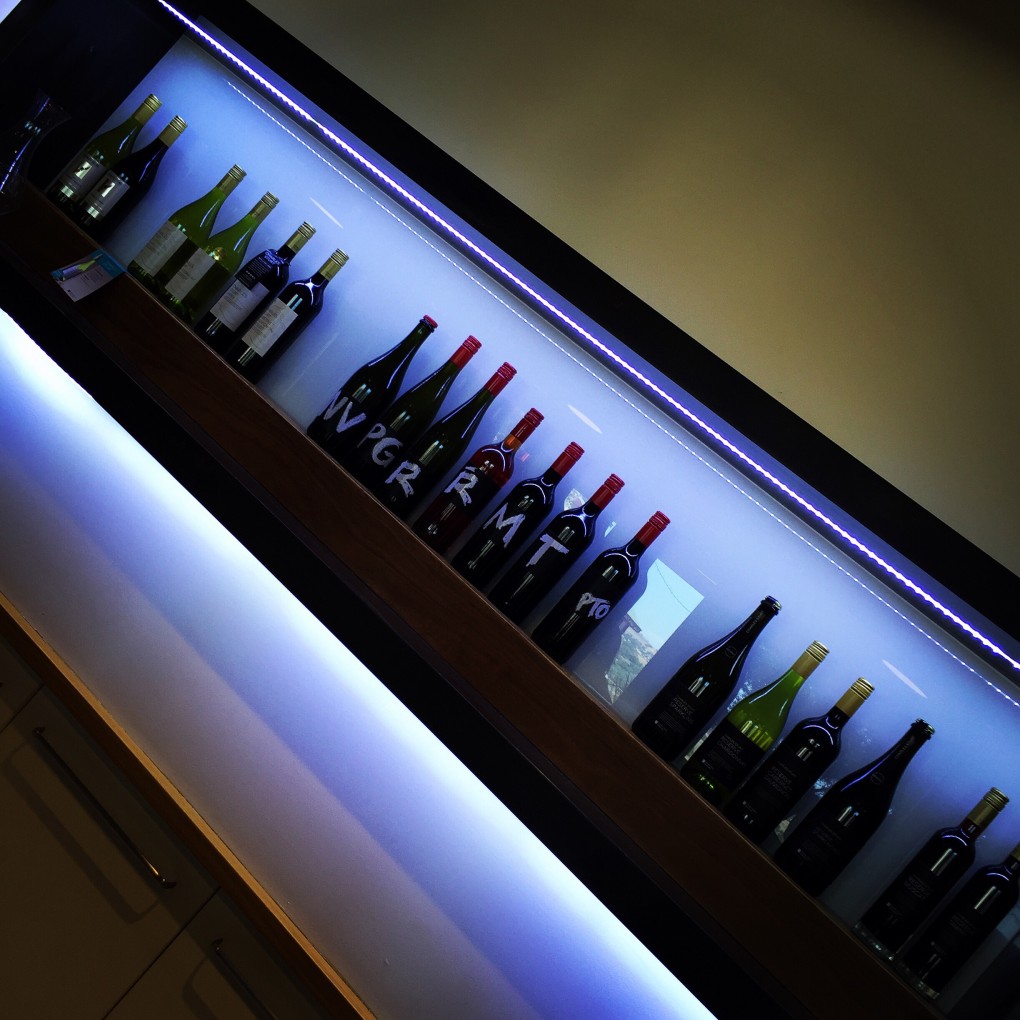
Ok so, this is something that should go without saying, but it really annoys me when it has to be said. I’ve been in the situation before on a number of occasions where we’ve shared a venue with another school and after dinner you notice some of the teachers sneaking off to have a drink! I mean seriously!!!! WTF? They even speak in poorly veiled code that most kids would understand.
I was reminded of this the other day, when I was plowing through a boarding school training manual, something which just seems common sense after working in boarding schools for 15 years. However, I still had to go through this and there was a question about the school’s alcohol policy, which was really easy to answer! Zero! Nothing whilst on duty, on back up, on camp or anywhere near the kids! It makes perfect sense! So why is it so hard for some teachers not to have a drink for a few nights?
The real danger is if something unexpected happens and yes, on camp, something unexpected happens all the time. Things like finding a kangaroo in my bedroom, finding a funnel web spider in my bed, kids accidentally falling out of bunks and hitting their heads, kids getting stuff in their eyes, one boy cut his leg tripping up a step late at night when he was trying to get a drink of water after lights out. So yeah, anything can happen!!!
When something random and unexpected does happen, you’re immediately on deck, and so are other staff, even if they have to be woken up. I’ve had the experience of night time trips to the hospital and having to delegate responsibility to other staff, but what if they’d been drinking? This puts everyone in a compromising position!
Scenario: You must take a student to hospital to get urgent treatment, but your backup staff have had something to drink, therefore not able to responsibly deliver their duty of care. You’re suddenly put in a terrible situation and really have no back up at all. What if something else happens? Who can deal with it then?
Before I get too preachy about this, it’s something that you as a responsible adult must make an informed decision on. Even if it’s one drink, it’s one too many! If you can’t go a couple of days without a drink, then perhaps you shouldn’t be taking kids anywhere.
At the end of the day, all staff members are responsible for kids throughout the camp and they need to be able to effectively step in if something happens. Stay sober! Stay safe! Then if anything ever happens, there’s no come back on you at all.
Running Update 6
Stop! Paddle Time!
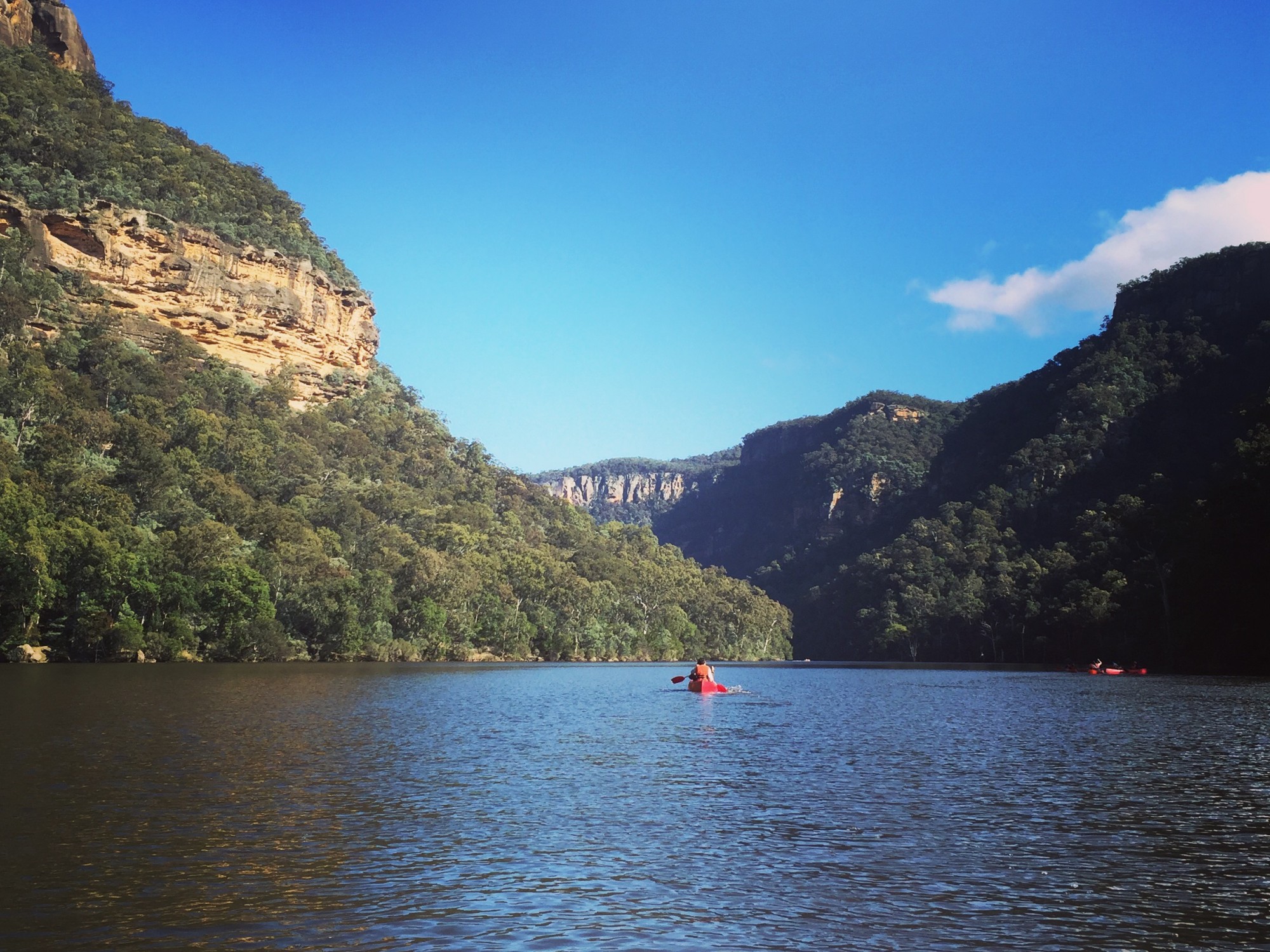
Last month I talked about team building activities which are great to engage kids of all ages. It helps them come out of their shells and challenges them in ways that Xboxes can’t. Whilst these activities might last an hour or two, what happens if you want to make this a longer, more involved and more challenging experience? Since I’ve now canoed more kilometres (about 147km) this year than I’ve run so far (134km), I thought it was high time to talk about it.
Canoeing is one of the best ways you can keep kids engaged in a team building activity over a number of hours or even days on expedition. There’s something magical about travelling to a remote inaccessible location along a winding river, barricaded on two sides by pristine wilderness or high vaulting cliffs and nothing but water in front of you. But it’s not just about the scenery, sadly most of which teenagers don’t appreciate. It’s about the journey and the experiences along the way.
Amazing Scenery!
The canoe expedition has a multitude of challenges for the kids, beginning with loading the canoe! Getting the balance right is so important because if they’re going to be paddling somewhere over a long period of time, trying to do that with a lopsided boat is really hard and sometimes it just means you go around and around in circles. For a high school group, I wouldn’t load the boats for them, I’d demonstrate how to do it, then let them them use their initiative to pack their own boat. This is always an interesting process to watch with some students getting it straight away, whilst others have to repack several times. It also means nobody can stand around and let others do the work for them.
Getting into a fully laiden boat is the next challenge! Most people will go to extraordinary lengths to avoid getting their feet wet, and in doing so I’ve seen some spectacular fails! Everything from pushing down too hard on the gunnel (side of the canoe), to stepping on the canoe with one foot, leaving the other foot on the river bank and the boat slowly but surely slipping away from under them. Then there’s the inevitable splash! Life lesson: Don’t be afraid to get your feet wet!
Glassy Smooth Water!
When you eventually get away from the shore, (which can take a while) it’s time to paddle. Before any expedition, it’s important to have run various skill sessions with the kids, to ensure they can execute a range of paddling, steering and emergency skills. Including forward stroke, J-stroke, sweep stroke, ruddering, emergency stops and X-rescues. All of these skills require teamwork and co-ordination and by doing this you also help manage the risk involved in the activity. As you travel along on the expedition it’s good practice to cruise up to each boat and just see how the techniques are looking, providing feedback to correct, as well as reinforce if the students are doing it well.
After a few kilometres, everyone usually settles into a nice consistent rhythm and now it’s a great opportunity for the kids to talk with each other! If you’ve got hours on end to chat with someone you don’t know very well, this provides such a valuable opportunity for some great social development along the way. I’ve had some fantastic chats and some of my most memorable teaching and mentoring moments in a canoe, so it’s far more than just a nice paddle around. It’s about relationship building and communication! It’s astounding what issues, questions and concerns can come up from your canoe buddy when having to sit and paddle with them for hours on end. Everything from favourite movies to life goals and ambitions can come out, but don’t ever force it! Just use this opportunity to enjoy the environment around you and let the conversation flow naturally.
The End of the Day!
Whilst I’ll talk more about risks involved in water activities on another occasion, it’s worth mentioning that when the going gets tough, everyone needs to adapt to the conditions! Often when paddling in the afternoon you may end up with a decent wind against you. If this happens, keep your boats closer together and try to instill in everyone the need to paddle harder when conditions get harder (whilst you’d think it goes with out saying, it’s seriously not often the case). This is a great test of teamwork and a really good debrief activity for the evening, where you can relate the need to adapt to harder conditions when canoeing, to the need to adapt when faced with other challenges in life.
Ultimately canoeing, on one hand is developing physical co-ordination skills, but on the other it’s also a fantastic platform for developing team-work and communication skills. It’s well worth looking at building in a canoe expedition as part of your outdoor ed program.
A Magnificent Morning!
